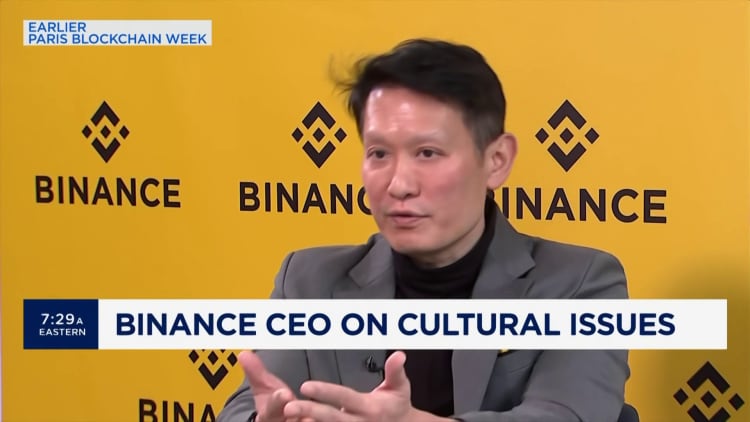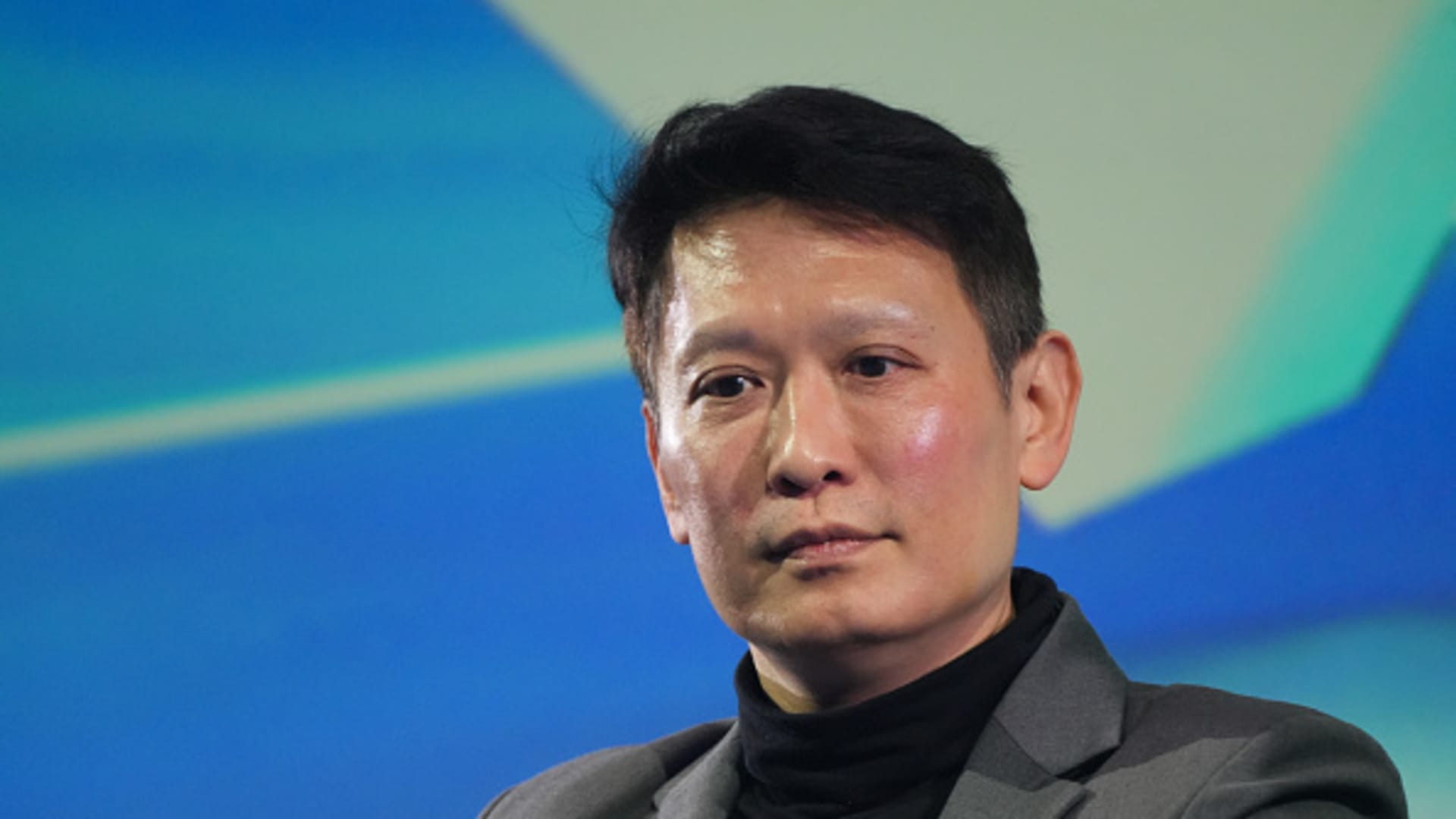
Binance’s new CEO Richard Teng said the company has moved past cultural issues after the company was hit with a $4.3 billion fine to settle charges from the U.S. Justice Department.
The DOJ had alleged Binance practised a move first, ask forgiveness later approach. Teng on Tuesday acknowledged the concerns.
“In those very early stage of development — again, where rules are nascent [and in the] early stage of development, there’s no clarity on that — Binance was operating in a certain fashion,” Arjun Kharpal on Tuesday at the Paris Blockchain Week crypto conference in Paris, France.
“But we have moved past that as the company move into greater maturity,” Teng said, adding: “We are looking at sustainability; the direction of travel is very clear towards much more compliance, which is why we’re building up a very robust compliance program.”
In November, Binance agreed to pay a $4.3 billion settlement to the U.S. government, including a forfeiture of $2.5 billion and a fine of $1.8 billion.
Former Binance CEO Changpeng Zhao was charged with violating the Bank Secrecy Act and agreed to step down.
Binance CEO Richard Teng at the Paris Blockchain Week summit in Paris, France, on Tuesday, April 9, 2024.
Bloomberg | Bloomberg | Getty Images
The plea deals ended a years-long investigation into the crypto exchange. Zhao’s sentencing was postponed until April 30, according to a February notice in a Seattle federal court.
In its November settlement with Binance, the DOJ said that former CEO Zhao had “told employees it was ‘better to ask for forgiveness than permission,’ and prioritized Binance’s growth over compliance with U.S. law.”
U.S. authorities also accused Binance of allowing transactions between U.S. users and users in jurisdictions that were subject to U.S. sanctions.
“These illegal transactions were a clear and foreseeable result of Zhao’s decision to prioritize Binance’s profit and growth over compliance with the BSA,” the Justice Department said, referring to the Bank Secrecy Act.
Last week, Binance named its first board of directors in an effort to satisfy the concerns of U.S. regulators.
While the board added some non-executive directors, it still primarily comprises company insiders, including Teng.
Asked about Binance’s decision to appoint mostly company insiders to the board, Teng said it was important to ensure that the talent driving the Binance business going forward was “unique” to address its corporate needs.
“It’s a good mix of internal inputs, as well as external [ones], on how to bring this company forward as corporate stewards,” Teng said, adding that the current board makeup was focused on making the appropriate tech enhancements and product enhancements to head toward a “robust sustainable business.”
Still undecided on global HQ
Binance has yet to decide on an official global headquarters, but Teng said the firm has a few options in mind. The search requires a “very deliberate process” to ensure it hits all the right notes, he added.
“It’s not an easy decision, there are a lot of considerations as you can imagine [including] whether the jurisdiction has the regulatory framework to cater to the breadth and depth of our products, that can cater to our users … [and] whether we can base more people there as part of our corporate headquarters.”
Binance has long been searching for a central hub to establish its operations, in order to allay regulator concerns about its approach to compliance.
Previously, the company suggested it could choose Paris as the location of its global HQ.
“There are various considerations at play that we need to look at seriously, and we’re going through a very deliberate process,” Teng told CNBC. “We’re going to see a corporate headquarters like we see for other corporate institution and that’s the journey we have to go on.”

